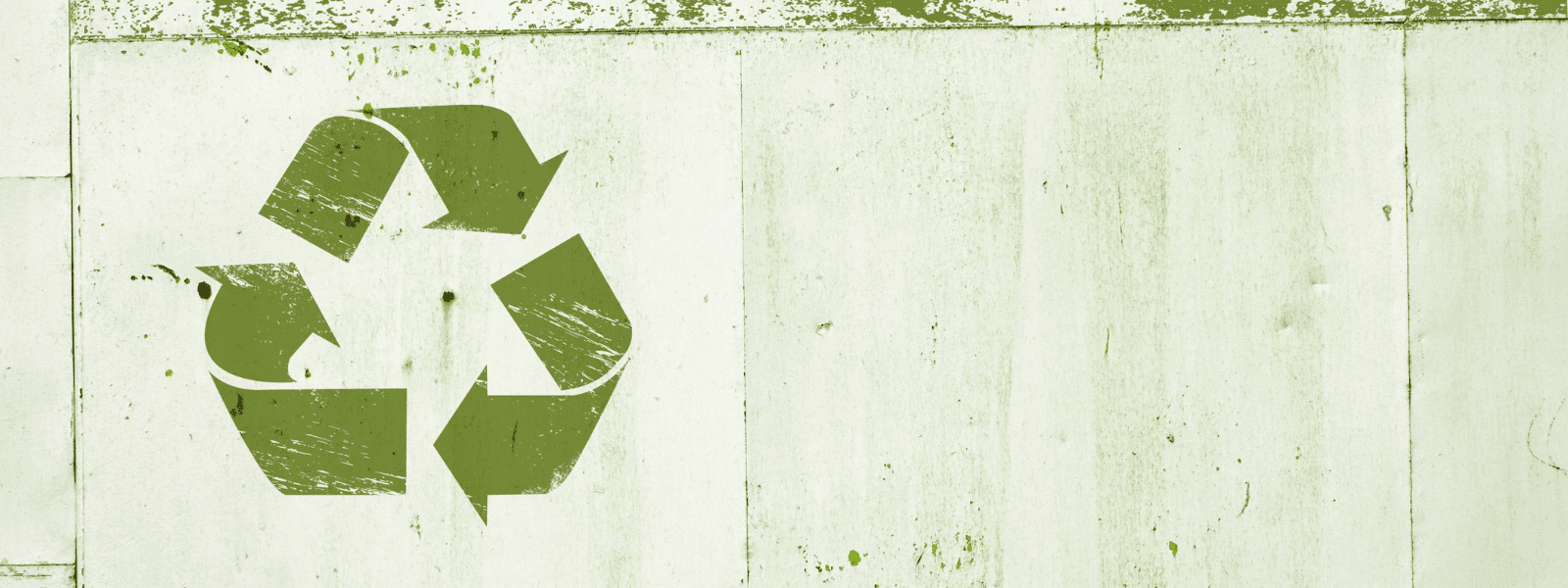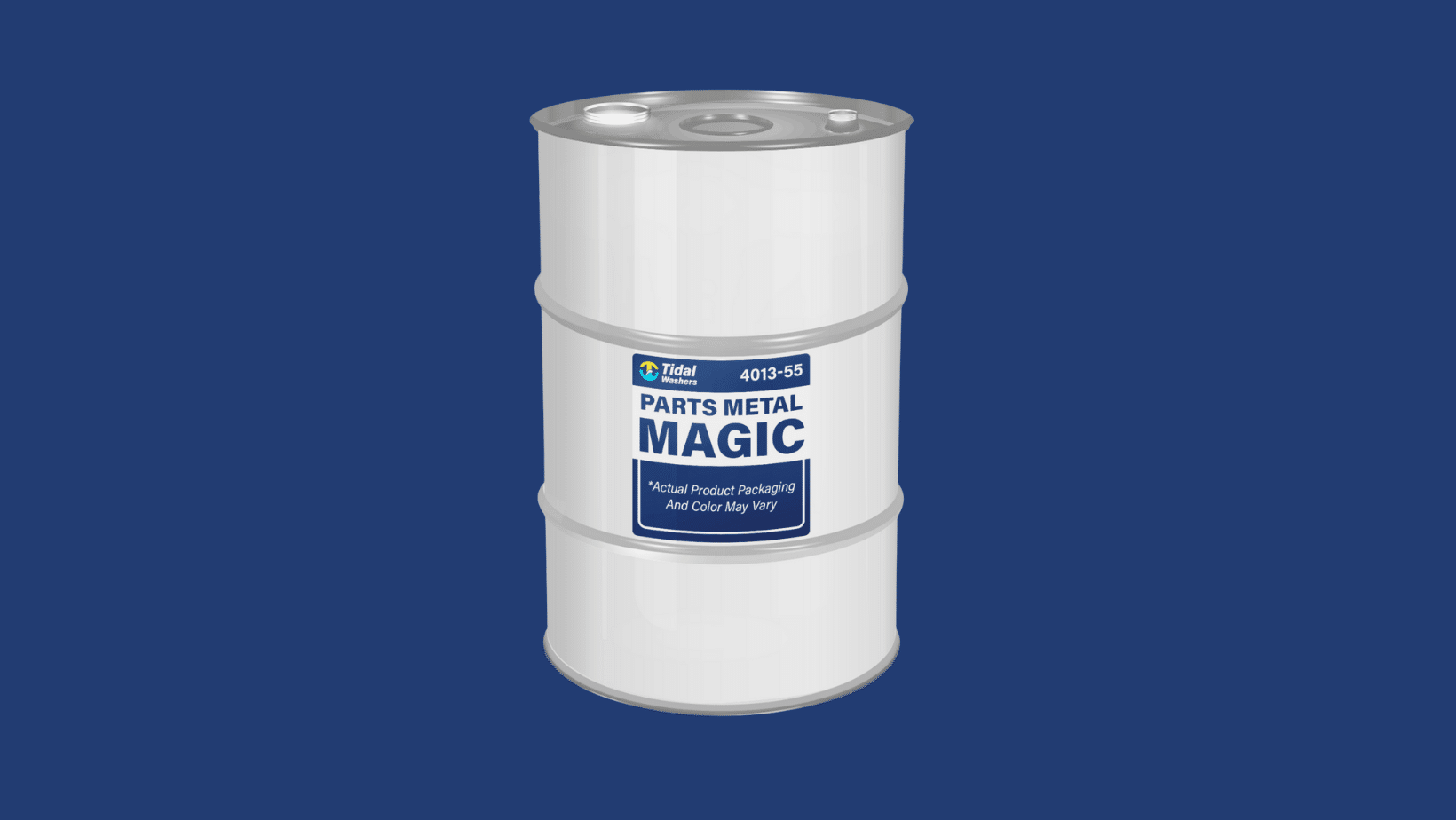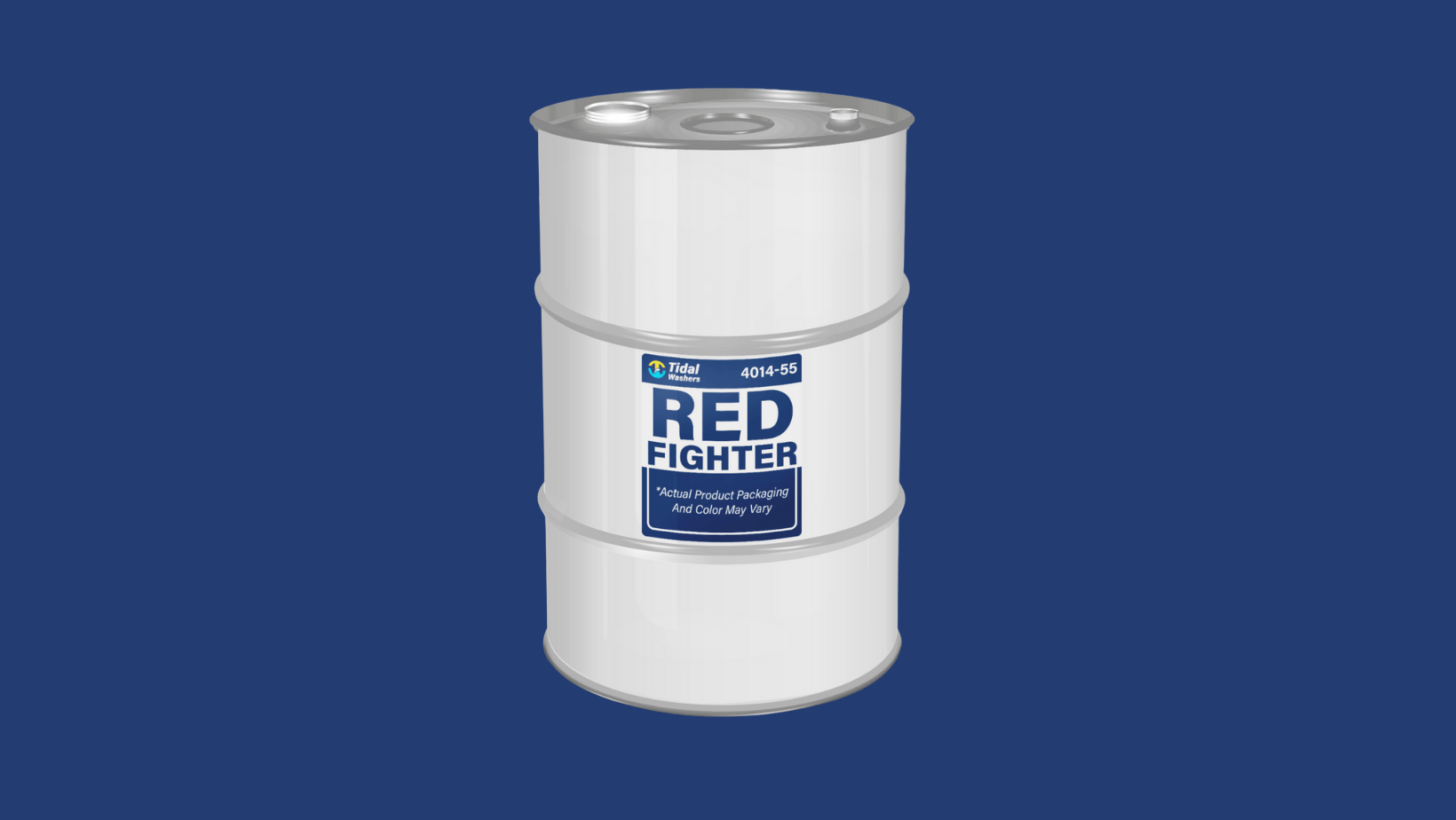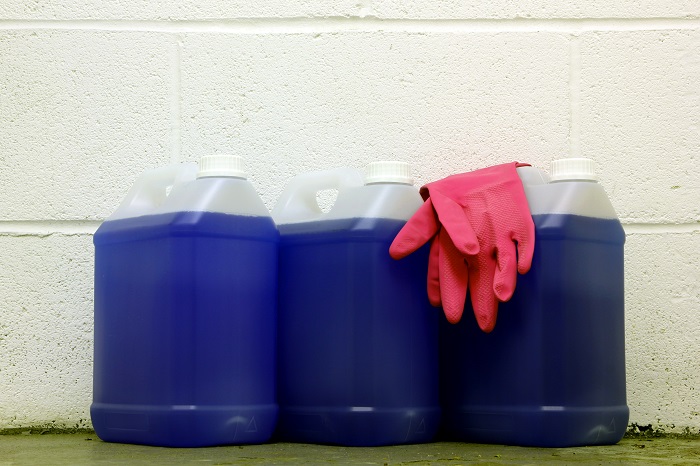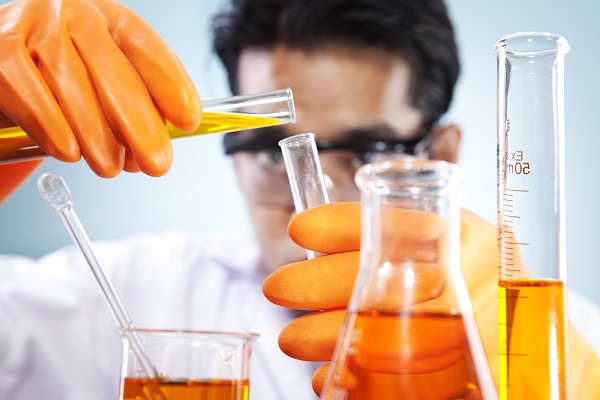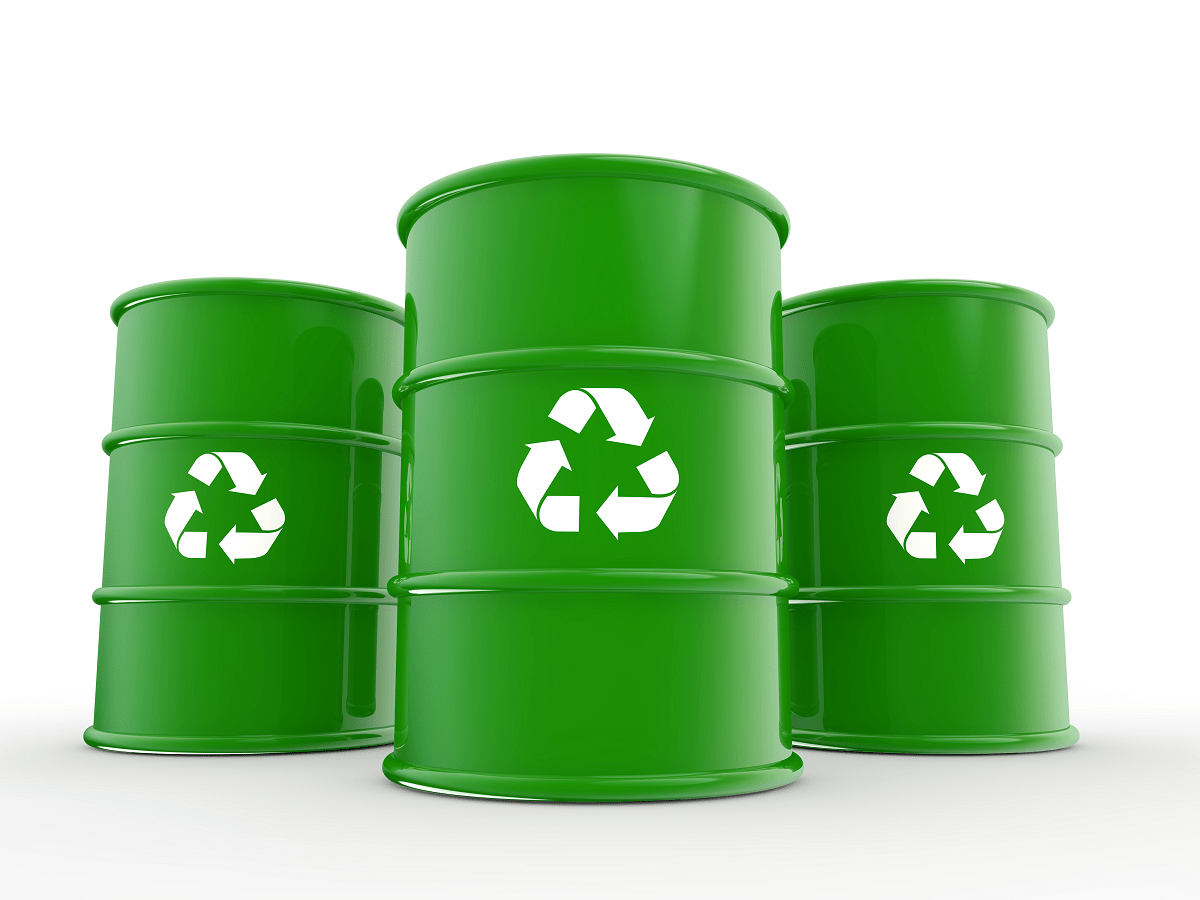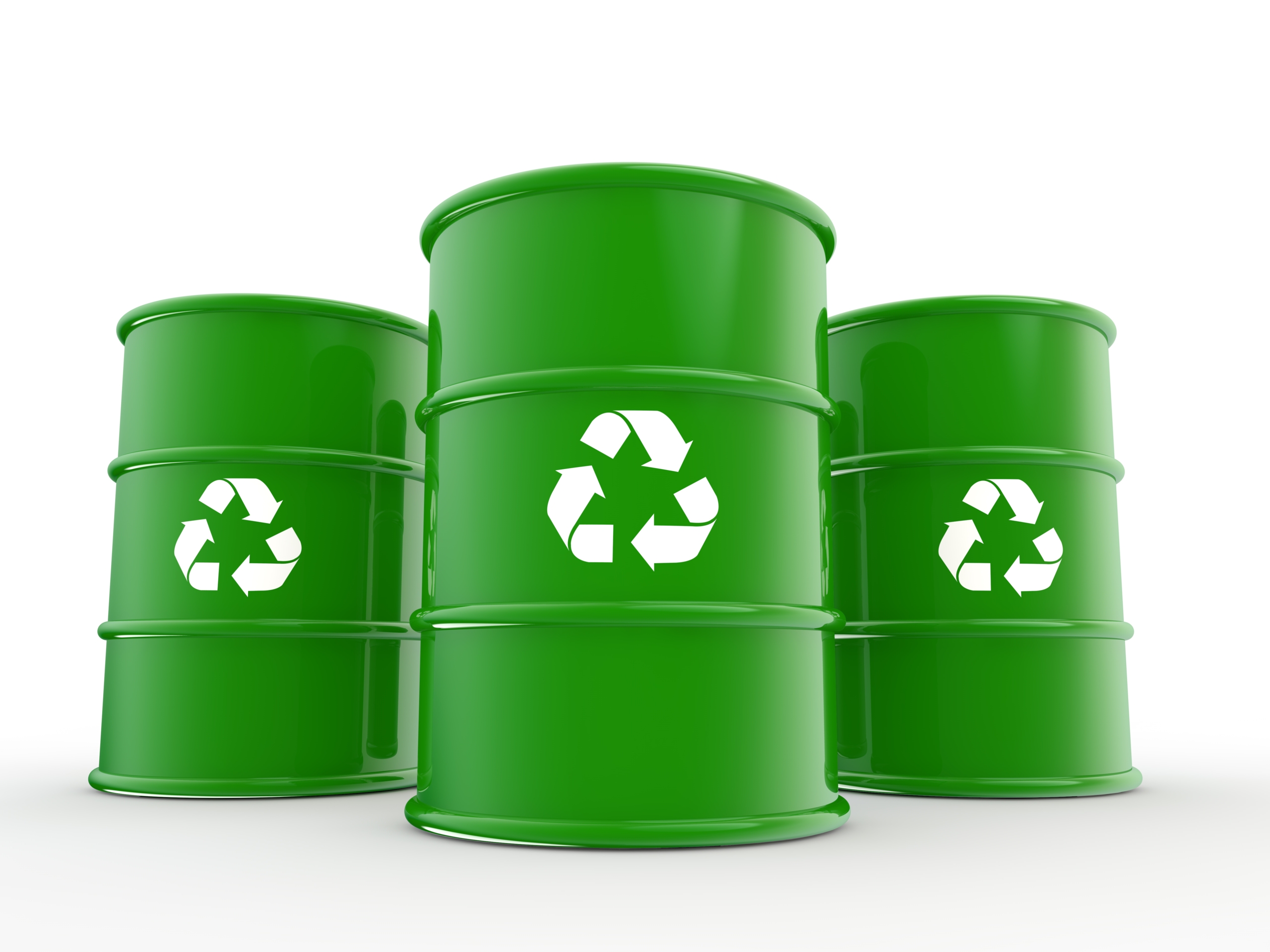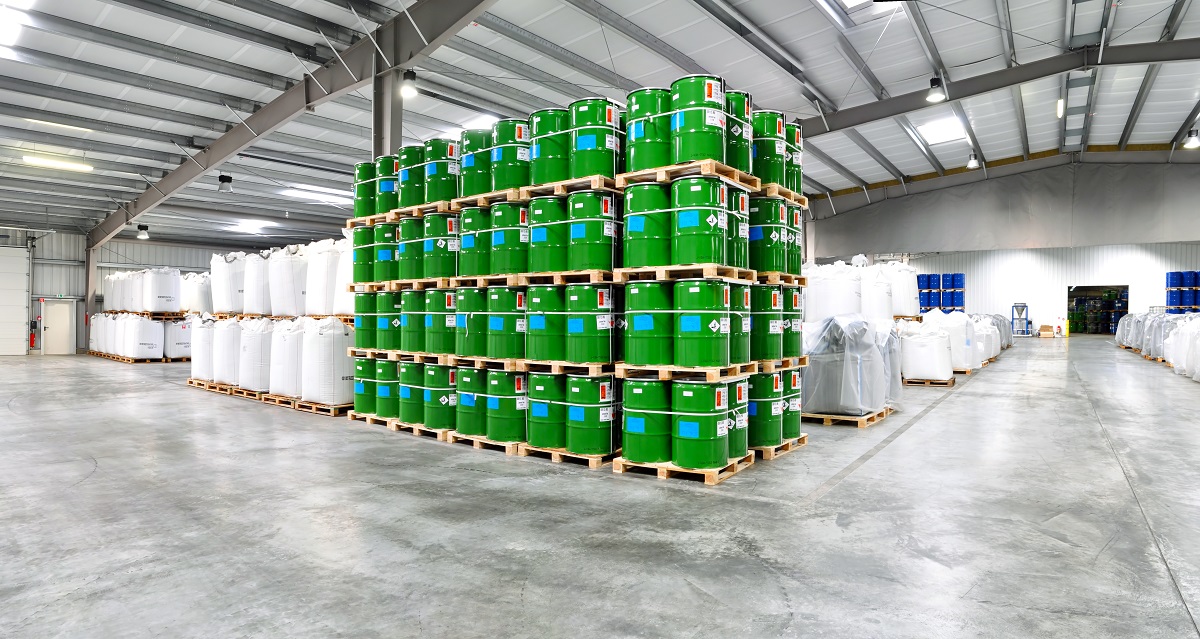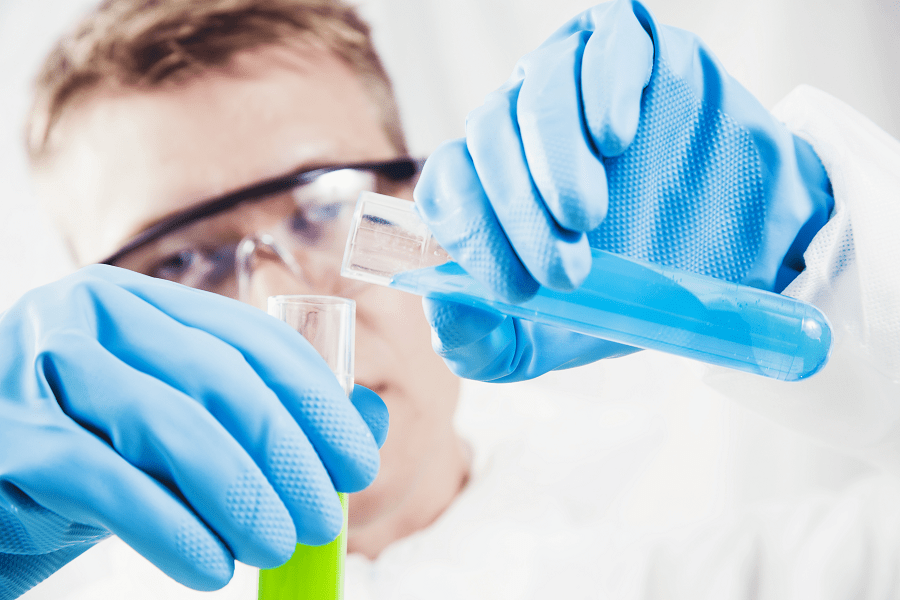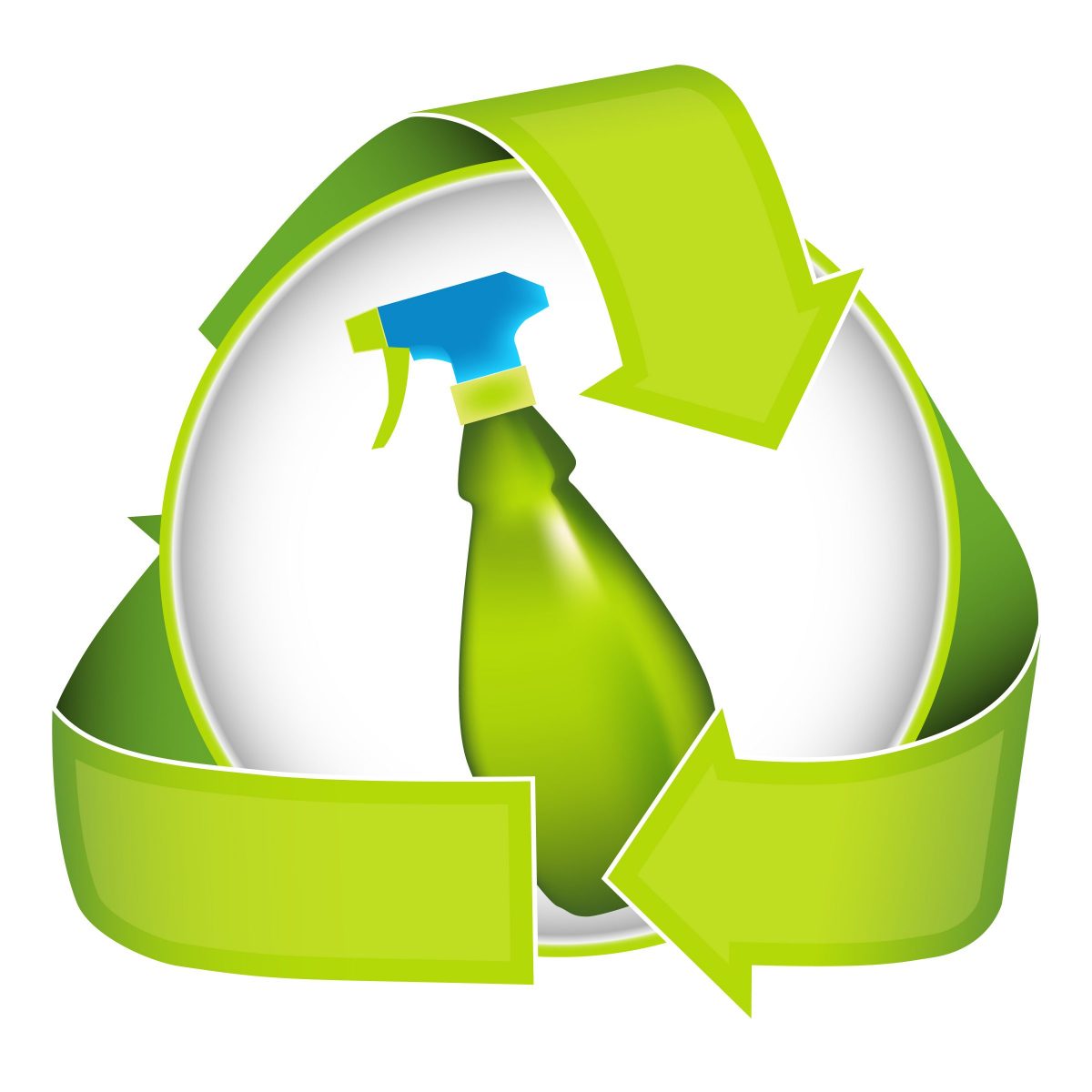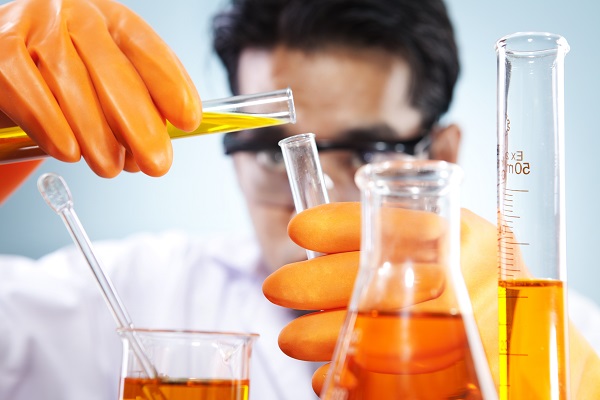Traditional paint and resin removers are powerful solvents utilized to easily penetrate layers of a coating, cause it to swell, and significantly...
Blog


CHEMICAL INDUSTRY NEWS
Chemical Chat – Discover What’s New!
The Benefits of Parts Metal Magic
Interested in a New Cleaning Powder for Your Spray Cabinet? If so, Parts Metal Magic might just be the product for you. Parts Metal Magic is a...
The Benefits of No-Bond Crete Release for Concrete Buildup
How to Prevent Unwanted Concrete Buildup Definition of No-Bond Crete Release Those who work in industries that frequently utilize concrete know...
The Benefits of Red Fighter for Rust Stains
Looking for a Rust Stain Removal Product? No matter whether they’re on a vehicle, building, or some other kind of...
The Benefits of Parts Metal Magic
Interested in a New Cleaning Powder for Your Spray Cabinet? If so, Parts Metal Magic might just be the product for...
Company News
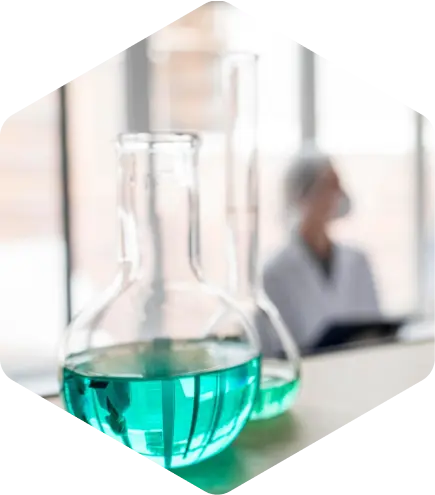
Managed Services
Discover the Latest in Safe and Sustainable Chemical Solutions
Stay informed with Ecolink’s blog! Subscribe now
Chemical Management Information
Stay updated with us
Sign Up for the Latest Updates
Stay informed about chemical supply chain disruptions and emerging innovations to keep your business at the forefront of efficiency and innovation. Uncover new ways to make your business practices more sustainable by incorporating safer products into your cleaning lineup.



